6 things to know about lovebirds
Lovebirds:
- Live (and love) 15+ years
- Grow up to 6 inches
- Inquisitive and always on the go!
- Are intelligent enough to learn commands
- Need at least an hour of human interaction a day
- Got their name because they form strong bonds with their mates!
Your lovebirds’ love nest
Cages
Birds need cages about twice the size of their wingspan. For a lovebird, this means a cage at least 18 x 18 x 24 inches. Lovebirds thrive in pairs or even in groups, but you’ll need a larger cage for more than one.
Cage placement
Birds are sensitive to strong smells, gases, smoke, and drafts. They’ll enjoy being close to the family action, but it’s best if they’re not too near the kitchen or a window.
Perches
Your lovebirds’ cage should include at minimum two perches at different heights and of different materials and thicknesses. Don’t put the perches above the spot where lovebirds eat; otherwise, droppings may fall into their food or water.
Line the enclosure floor with recycled paper bedding or use a paper liner. Replace the liner at least every other day.
Playing and grooming
Smart and extremely social, lovebirds “love” to interact with their humans. In their cages, they’ll entertain themselves with toys or spruce up with a bath.
Toys
Give your lovebirds two or three playthings. Try “puzzle” toys that hide treats and active toys that encourage climbing and other acrobatics.
Baths
Gently bathe your lovebirds two or three times a week, either by offering them a bowl full of warm water or by gently misting them with warm water from a clean spray bottle.
T-stand/playpen
Lovebirds love to get out of the cage and perch on these homes away from home.
Keeping your lovebirds healthy
Give your new lovebirds three or four days to settle into their new home before handling them. Whether your birds are brand-new or have been living with you for a while, aside from yearly checkups, contact your veterinarian if you notice any of these signs of illness or distress:
- Sitting at the bottom of the cage
- Lower appetite; weight loss
- Less activity and preening
- Feathers fluffed for long periods of time
- Discharge from nose or mouth; sneezing
- Runny droppings for more than two days
Talk to an avian veterinarian if you have questions about your bird’s health.
Pets purchased at Mika birds farm are part of our exclusive Vet Assured™ program, designed by Pet veterinarians to help improve the health and well-being of our pets. Our vendors meet a high standard in caring for pets and screening them for common illnesses. This program also includes specific standards for in-store pet care.
If your pet becomes ill during the initial 14-day period, or if you’re not satisfied for any reason, will gladly replace the pet or refund the purchase price
1 review for Lovebirds
Add a review Cancel reply
Related products
Uncategorized
Uncategorized
Uncategorized
Uncategorized
Uncategorized
Uncategorized
Uncategorized
Uncategorized

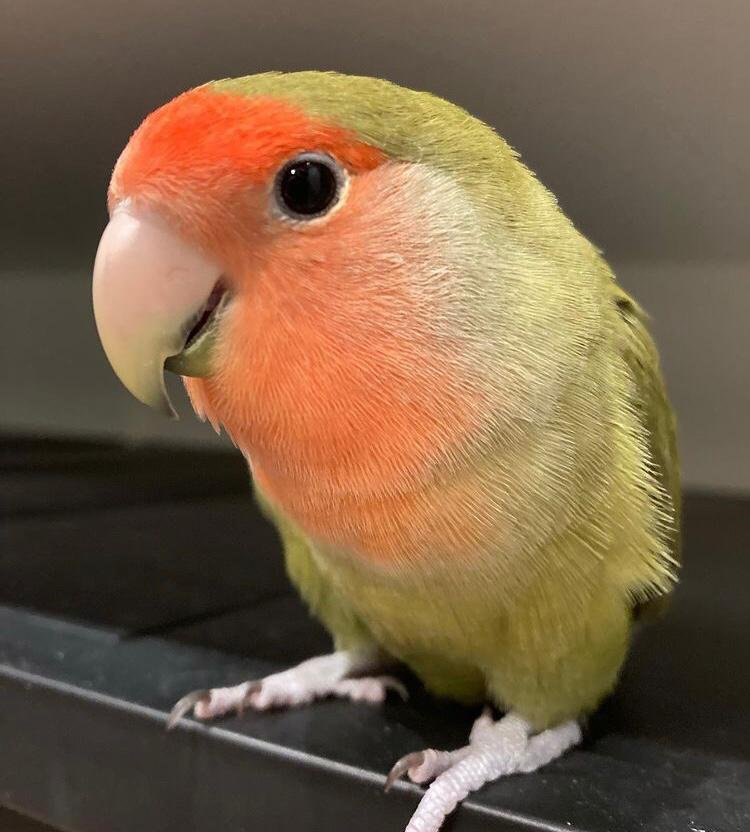
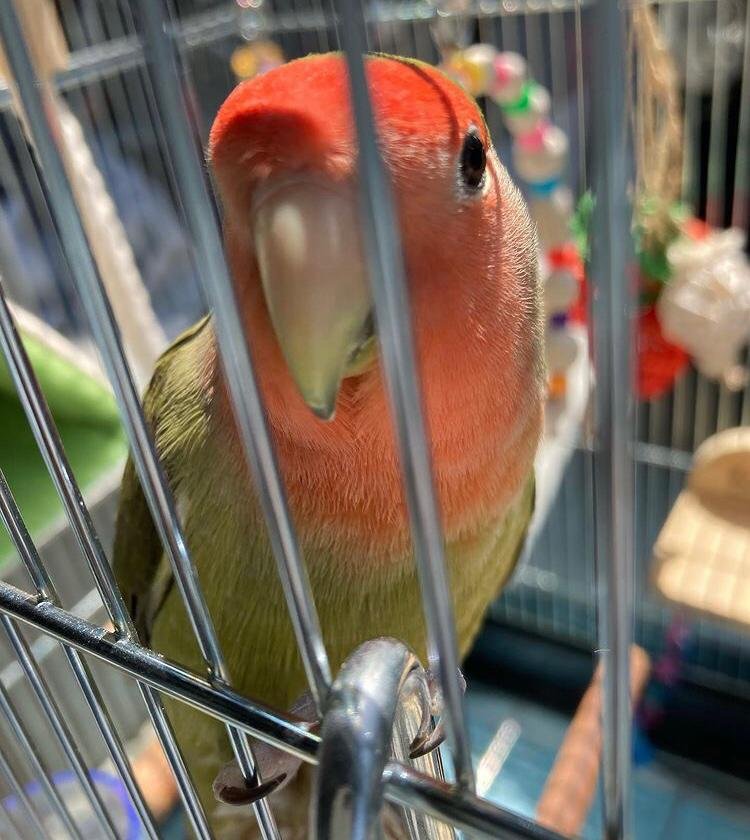


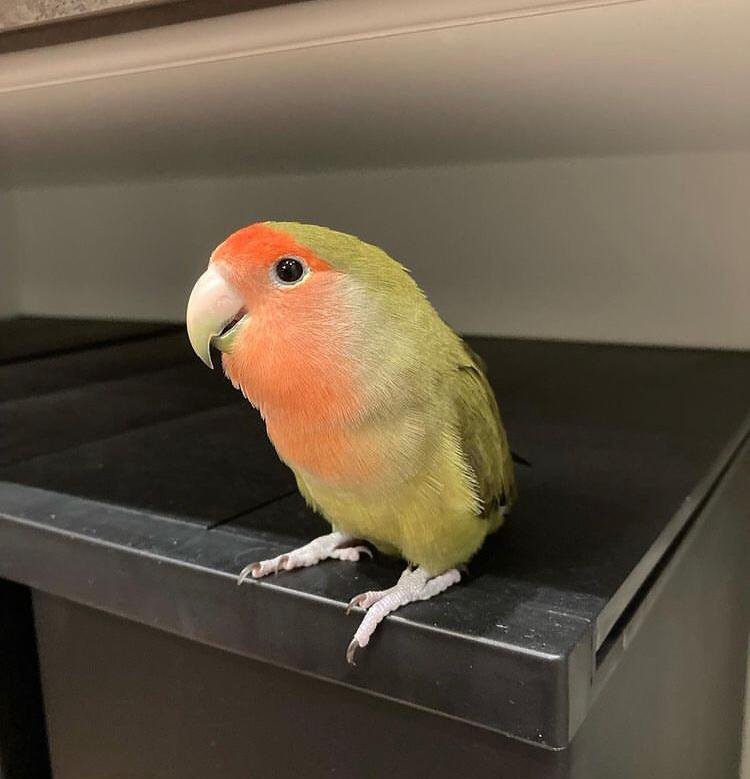
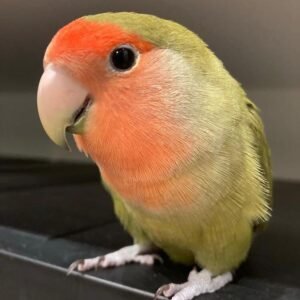





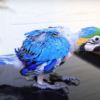





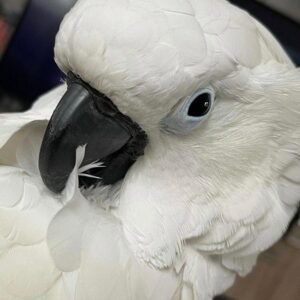
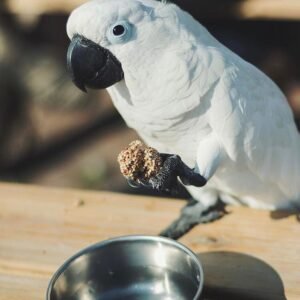
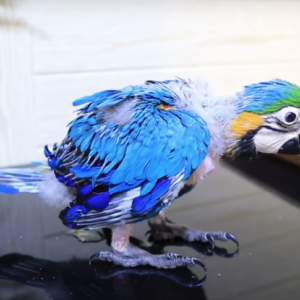
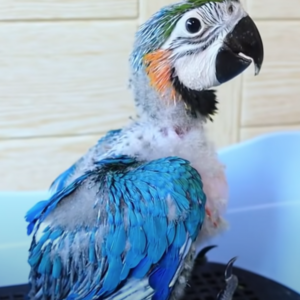
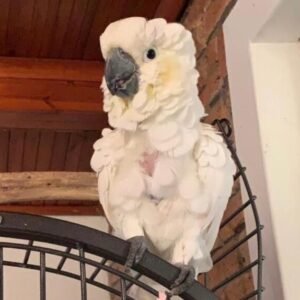
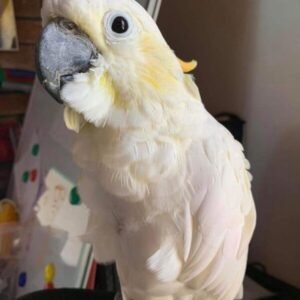
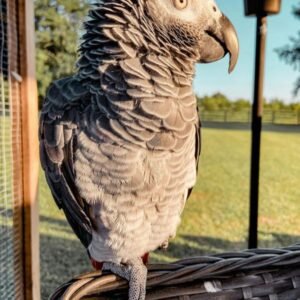
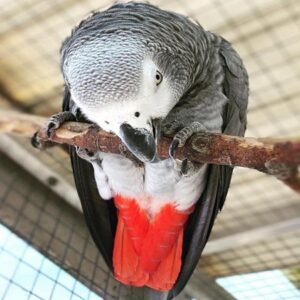
🧡 Janice is interested in your profile! Click here: https://letsg0dancing.page.link/go?hs=980fa73fec3d94ca10c5d9937857955c& 🧡 –
etc718